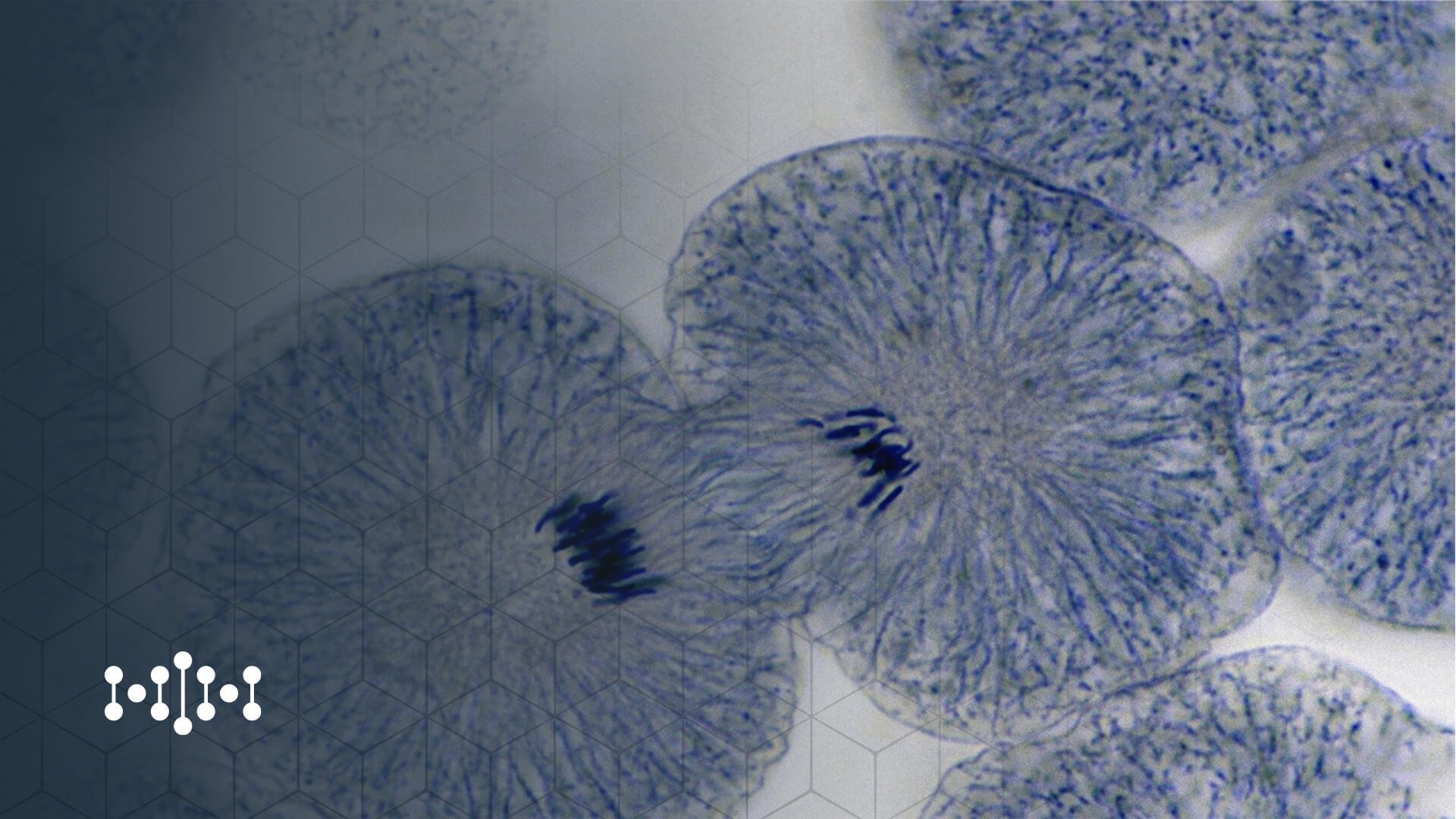
Exosomes
Rebel Brown shares her amazing story
Exosomes, derived from stem cells, are small membrane-bound vesicles that are released by cells into the extracellular environment. They play a crucial role in intercellular communication by transporting various molecules, including proteins, between cells.
Exosomes, though traditionally studied in the realm of biotechnology and regenerative medicine, are increasingly finding applications due to their potential therapeutic properties and ability to support overall health and wellness. Here are some ways in which exosomes can be utilized:
Promote tissue repair as part of regenerative medicine protocols to address musculoskeletal injuries, joint pain, and degenerative conditions.
Exosome injections or topical applications may be used to enhance natural healing as part of anti-aging treatments by stimulating growth factors and signaling molecules that can rejuvenate aging cells and tissues.
Immune regulation by modulating immune responses in the body.
Supports immune system function and enhance resilience against infections and chronic diseases.
Evidence suggests that exosomes may have neuroprotective and neuroregenerative effects in the brain.
Exosomes may be integrated into protocols for stress management, mood enhancement, and cognitive support.
Overall, exosomes have garnered significant attention in the fields of regenerative medicine, cancer biology, immunology, and neuroscience due to their role in cell-to-cell communication and their ability to influence recipient cells behavior. They can modulate immune responses, promote tissue repair and regeneration, and contribute to neuronal signaling and synaptic plasticity.
Contact us today and start planning your next visit.
Contact us today and start planning your next visit.

